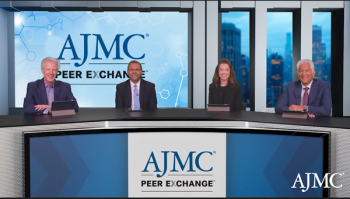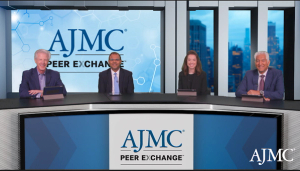
Panelists discuss their excitement about the evolution of heart failure as a distinct specialty with multiple effective therapeutic options, the convergence of previously siloed medical disciplines around shared evidence-based therapies that treat root causes of multiple comorbidities, and emerging technologies like clinical decision support systems and remote patient monitoring to improve population health management and prevent hospitalizations.




